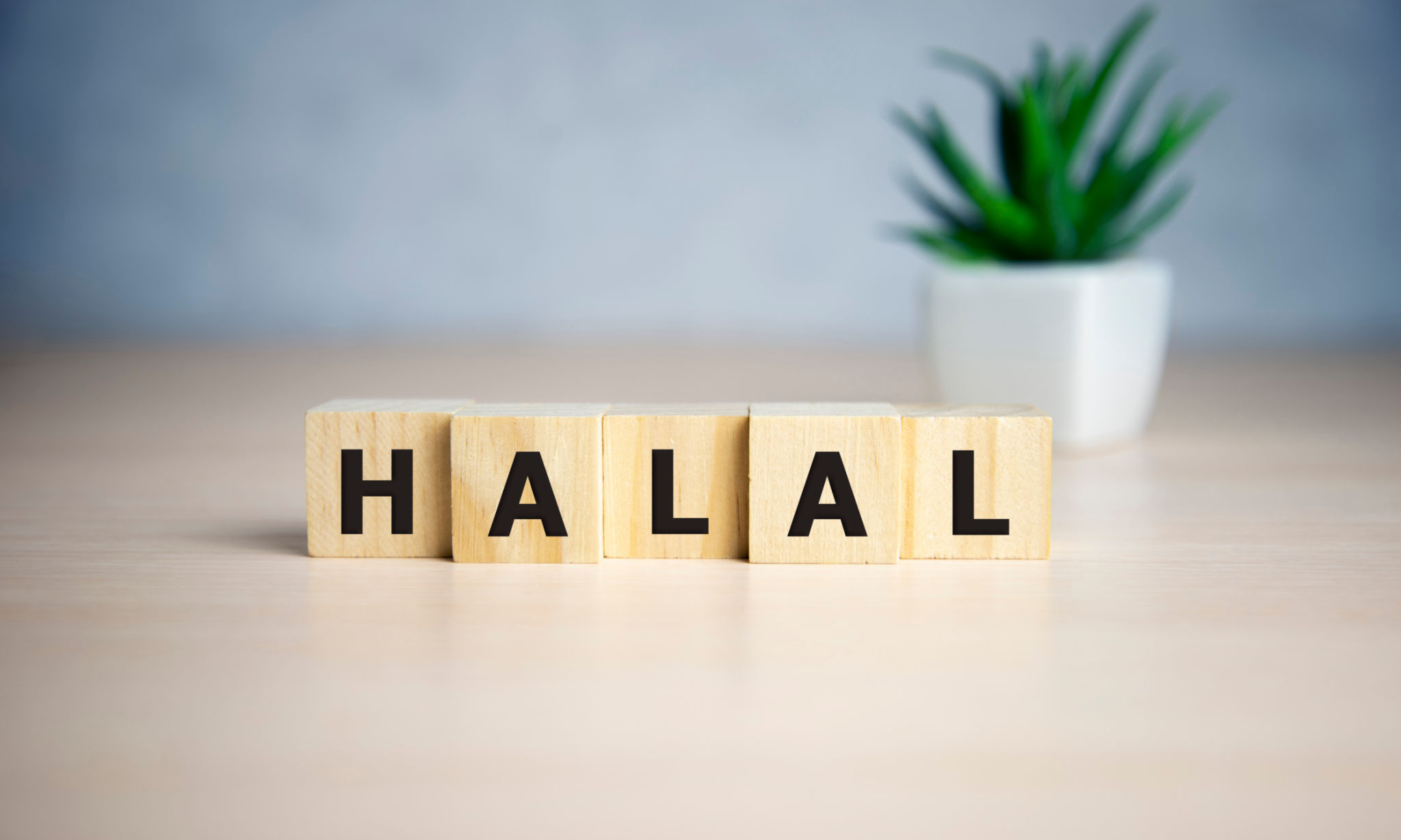Understanding Halal Certification in Japanese Cuisine
Introduction to Halal Certification
As the popularity of Japanese cuisine continues to grow globally, there's an increasing demand for halal-certified Japanese dishes. Halal certification ensures that food is prepared in a way that complies with Islamic dietary laws. For many Muslims, this certification is crucial when selecting their meals.

Understanding what makes a dish halal involves more than just the ingredients used. It encompasses the entire process from sourcing to preparation and serving. This is especially important in Japanese cuisine, which often includes ingredients such as soy sauce and mirin, which may contain alcohol.
Key Components of Halal Certification
Halal certification in Japanese cuisine involves several key components. Firstly, the ingredients must be compliant with halal standards. This means no pork or alcohol, and meat must be sourced from animals slaughtered according to Islamic law.
Secondly, preparation areas and utensils must be free from contamination with non-halal items. This ensures that cross-contamination does not occur, maintaining the purity of halal foods.

Importance of Halal Certification
For Muslims, consuming halal food is a religious obligation, making certification a critical component of their dining experience. With halal-certified Japanese cuisine, restaurants can cater to a broader audience, providing peace of mind to diners who adhere to these dietary laws.
Additionally, having a halal certification can be a significant selling point for restaurants looking to expand their customer base. It demonstrates a commitment to inclusivity and cultural sensitivity.
Challenges in Achieving Halal Certification
Achieving halal certification for Japanese cuisine can be challenging due to the traditional use of certain ingredients. For instance, soy sauce often contains alcohol as a byproduct of fermentation. Fortunately, there are alcohol-free alternatives available, ensuring that dishes remain authentic yet compliant.

Another challenge is ensuring that the supply chain adheres to halal standards. This includes everything from sourcing ingredients to transportation and storage. Restaurants must work closely with suppliers who understand and respect halal requirements.
Conclusion: Embracing Diversity in Cuisine
As the global food industry becomes more inclusive, understanding and implementing halal certification in Japanese cuisine is essential. It not only respects cultural and religious practices but also opens up new markets and opportunities for culinary exploration.
By embracing such diversity, restaurants can offer authentic Japanese dishes that are accessible to everyone, ensuring that all diners can enjoy the rich flavors and unique experiences of Japanese cuisine without compromise.
